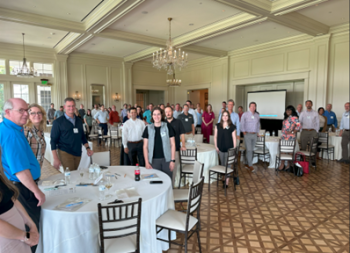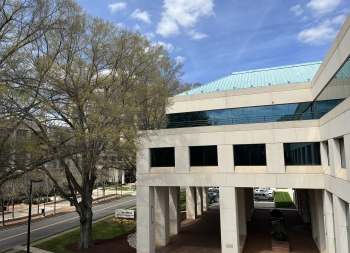North Carolina Supreme Court Determines COVID Shutdown Orders Constituted a “Direct Physical Loss”
The North Carolina Supreme Court issued a broad opinion in North State Deli v. Cincinnati Ins. Co. on December 13, 2024, where it broke from the vast majority of jurisdictions and determined that COVID shutdown orders constituted a “direct physical loss” triggering first-party property coverage and recovery of supplemental business income.
Importantly, “direct physical loss” has been construed by the Court to mean “a covered cause of loss must, absent an intervening factor, result in the material deprivation, dispossession, or destruction of property.” Because the government’s shutdown orders limited “how policyholders could physically access and occupy the insured space,” and “Property ‘loss’ surely occurs when it is no longer usable for its insured purpose, as a policyholder would reasonably expect,” the Court concluded that the orders constituted a “direct physical loss” as set forth in the “all-risk” first-party coverage of the policy. The decision noted the distinction between the terms “loss” and “damage” under the policy; however, it ultimately concluded “a reasonable policyholder could see these two words in the disjunctive and read ‘loss’ as purposely broader than ‘damage’” as opposed to “complete or total dispossession.”
The Court noted that the policies at issue did not have exclusions for virus, which the Court noted that 82.83% percent of businesses insurance policies had at the time. The Court used this factor to weigh in favor of the reasonable expectations of the insureds as “a policyholder must know something about the universe of perils beyond the four corners of the document to know what coverage they have paid for.”
The decision in North State Deli marks a departure from nearly every other jurisdiction which has considered first-party coverage for COVID shutdowns under a property insurance policy. The North Carolina Supreme Court used a marked expansion of the “reasonable expectations” doctrine to look beyond the four corners of the policy and considered factors such as the insurance marketplace and the requests of the insured to its broker for coverage. The impact from the expansive definition of “direct physical loss” remains to be seen, as it will likely have application to a wide range of first-party property policies beyond COVID claims.
For any questions or to discuss this matter further, please don’t hesitate to contact us.



